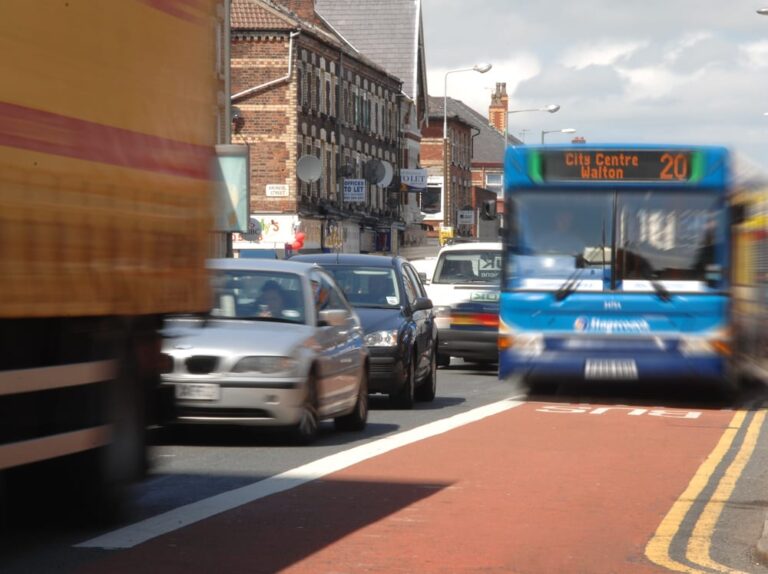Urban Transport Group has commissioned a new model to help city regions plan the future of their bus networks over the next decade.
The new model, which is expected to be operational in Spring 2020, will replace the existing Metropolitan Bus Model (the only tool of its type), which Urban Transport Group members have been using since 2011 in developing and implementing their bus strategies.
The new model will reportedly have more sophisticated functionality than its predecessor, including the ability to test the implications of different policy measures or background trends on bus use by age group, by local authority district and at different times of the day.
It will also forecast how factors such as population, employment, car ownership, service levels, fares and public funding will drive bus patronage through to 2030.
Jonathan Bray, director of Urban Transport Group, said: “One of our roles is to save money through joint procurement and the Metropolitan Bus Model is a prime example of how we do this through establishing a shared and unique resource rather than each transport authority commissioning their own forecasting tools.
“The model also forms part of our wider programme of data-driven work on what is really driving bus patronage, which is designed to help ensure that investment in bus services is targeted most effectively.”
Consultants WSP have been appointed to develop the model for Urban Transport Group.





